
Photo: Ana Itonishvili

Photo: Ana Itonishvili
This page is more than one year old.
Out-Of-Body Experiences (OBEs) involve observing yourself from a perspective outside of the physical body. People who have experienced an OBE often describe it as floating above their body, looking down on themselves from the ceiling, or even travelling to different locations while their body remains stationary.
Individuals experiencing an OBE might feel as if they are floating near the ceiling, looking down on their bodies, or moving through walls. OBEs can occur in various circumstances, including during meditation, just before falling asleep, or in response to extreme stress, but they do not necessarily involve a life-threatening situation.
Many believe that these experiences are evidence of the human soul or consciousness being able to exist independently of the physical body. This interpretation suggests that during an OBE, the spirit actually leaves the body and can explore the physical world or even other dimensions. This viewpoint often ties into broader beliefs about astral projection, the idea that individuals can consciously direct their spirit to leave the body and travel to distant locations or spiritual planes.
Theories about OBEs delve into the realms of quantum physics and alternative dimensions, suggesting that these experiences could be linked to the fundamental nature of reality itself. Some propose that OBEs offer a glimpse into a multiverse, where consciousness can momentarily slip into parallel worlds or dimensions.
Although OBEs don't relate specifically to ghosts, they are often welcomed into the paranormal world as a research topic primarily revolving around the exploration of consciousness beyond the physical body and the quest to understand the nature of human spirits or entities in the afterlife. In ghost hunting, the goal is to gather evidence of spirits or entities based on the belief that human consciousness or a soul may persist and interact with the physical world after death.
OBEs contribute to this research by offering a first-hand perspective on the possibility of consciousness existing outside of the physical body. If, during an OBE, an individual can perceive their surroundings from a position outside their physical form, it suggests that consciousness can indeed be separate.
OBEs could be a form of dissociation, where there is a disconnection between a person's thoughts, memories, feelings, actions, or sense of identity. In stressful or traumatic situations, dissociation can serve as a coping mechanism, potentially leading to experiences that feel like being detached from the body.
OBEs could also be the result of entering an altered state of consciousness, whether through meditation or spontaneously in response to tiredness or stress. These altered states might enable the mind to experience realities or perceptions beyond the usual sensory inputs, including the sensation of being outside the physical body.
OBEs are also similar to Near-Death Experiences (NDEs), which are reported by people who have been on the brink of death or in a situation where death seems imminent. NDE experiencers often report passing through a tunnel, feeling a sense of peace, encountering deceased loved ones or spiritual beings, and sometimes observing their own body from outside it, similar to an OBE. The out-of-body component is just one part of the broader NDE.
The main similarities between OBEs, NDEs, and astral projection is the reported experience of consciousness seeming to exist outside of the physical body. The main difference is that OBEs can happen in various non-threatening situations and are usually more straightforward in terms of the experience, which focuses on the sensation of being outside the body. However, NDEs occur during or after life-threatening circumstances, and astral projection is usually the result of specific spiritual or meditative practices.
From a scientific perspective, OBEs are often associated with brain activity and considered to be a form of hallucination caused by a temporary disassociation between the physical and psychological self. Due to the nature of OBEs, there is a lack of empirical evidence to support the idea that consciousness can exist separately from the brain. Anecdotal reports of OBEs can't be reliably verified, and the subjective nature of these experiences makes them difficult to study scientifically.
Believers argue that, like with many aspects of the paranormal, there are limitations to our current scientific understanding of the universe and especially consciousness in particular, suggesting that there may be knowledge about human consciousness and reality itself that science is yet to uncover.
As science advances and our grasp of both the brain and the nature of reality deepens, perhaps we'll come closer to unravelling the secrets of OBEs. Until then, they remain a subject of debate within the paranormal field, as well as amongst neurologists and psychologists. But, for now, despite the variety of perspectives and theories, OBEs remain a mystery.
More Essential Parapsychology
See All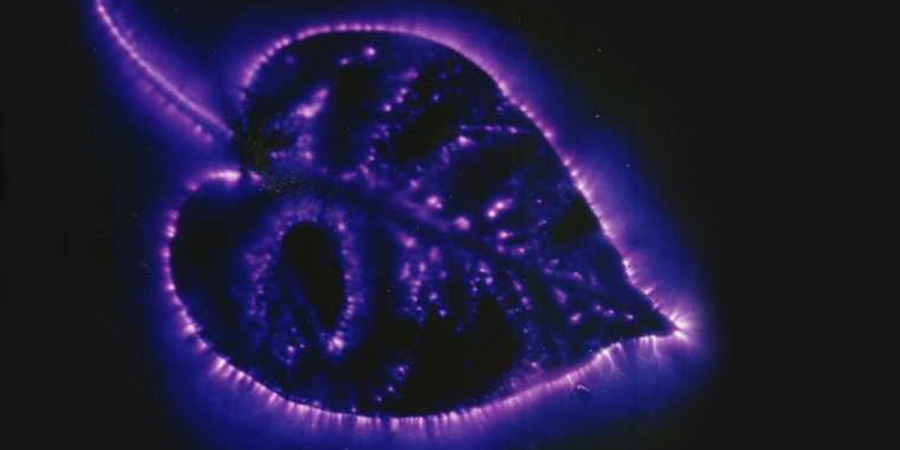
ArrayOctober 11, 2024
The Reality Behind Kirlian Photography’s Glowing Auras

ArrayOctober 07, 2024
Could Retroactive Psychokinesis Allow Us To Influence The Past?
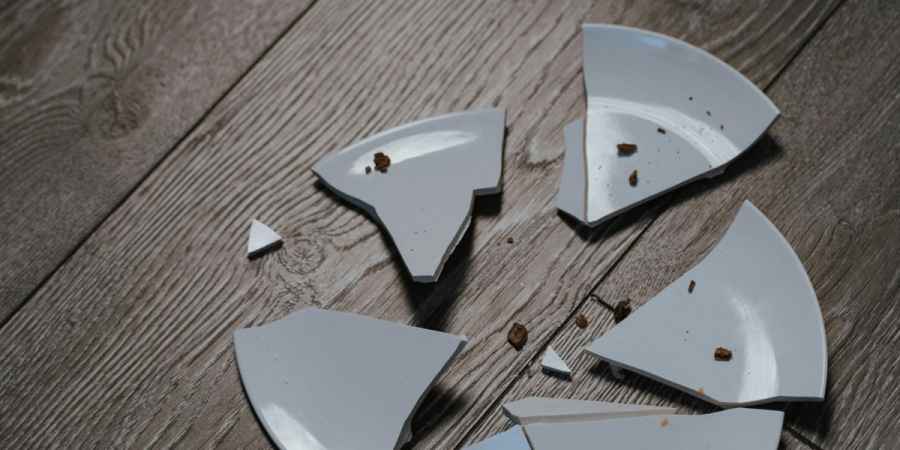
ArrayOctober 05, 2024
What Spontaneous Cases Are & Why Parapsychologists Research Them
Learn With Higgypop
Hosted by Paralearning in association with Higgypop, these courses on ghost hunting, paranormal investigations, and occult practices draw on the experience of our team of paranormal writers.
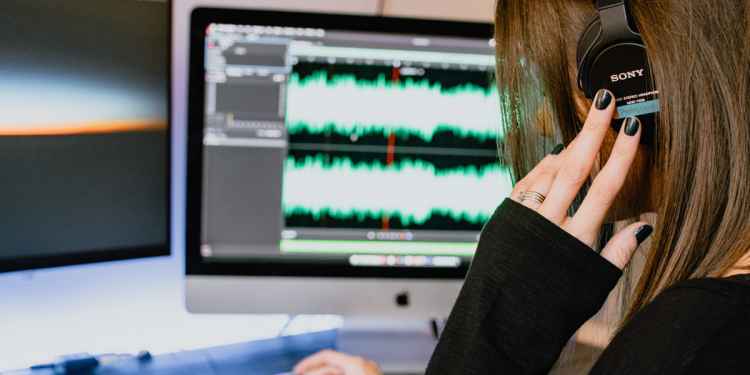
Diploma In Capturing & Analyzing Electronic Voice Phenomenon
This course gives you practical and useful knowledge of ghost hunting and paranormal research, which is invaluable when conducting your own paranormal investigations or as part of a group event.
View Course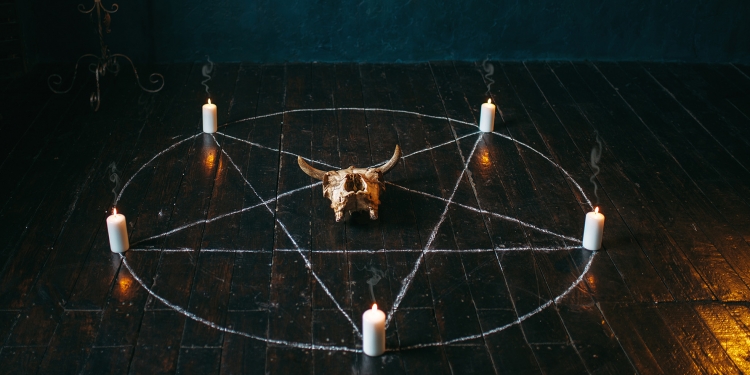
Diploma In Modern Demonology For Paranormal Investigators
This course gives you practical and useful knowledge of ghost hunting and paranormal research, which is invaluable when conducting your own paranormal investigations or as part of a group event.
View CourseMore Like This

Haunted BritainDecember 25, 2024
2024's Most Popular Paranormal Hotspots In The UK

GamesNovember 28, 2024
Can You Match These Famous Ghosts To Their Haunting Grounds?
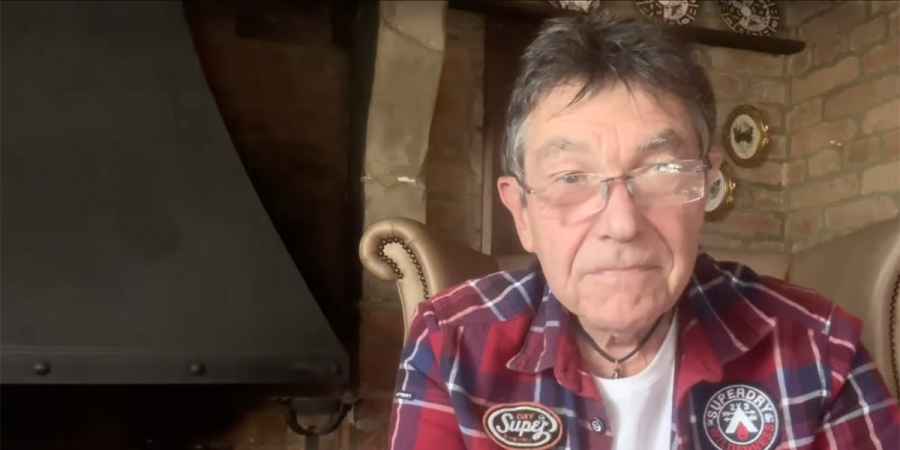
HalloweenOctober 30, 2024
Richard Felix Shares A Collection Of Modern Ghost Stories For Halloween
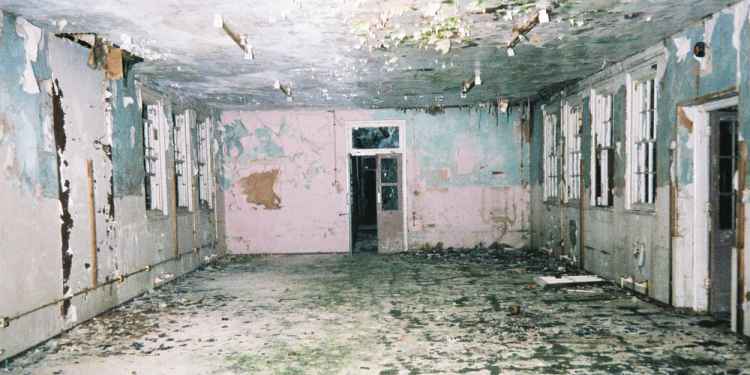
ParanormalOctober 20, 2024
My First Ever Ghost Hunt: 20 Years Ago This Halloween Night
 See More on Audible
See More on Audible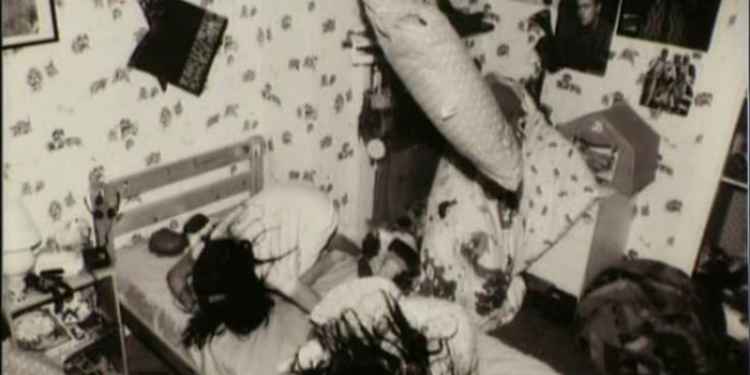

Comments
Want To Join The Conversation?
Sign in or create an account to leave a comment.
Sign In
Create Account
Account Settings
Be the first to comment.